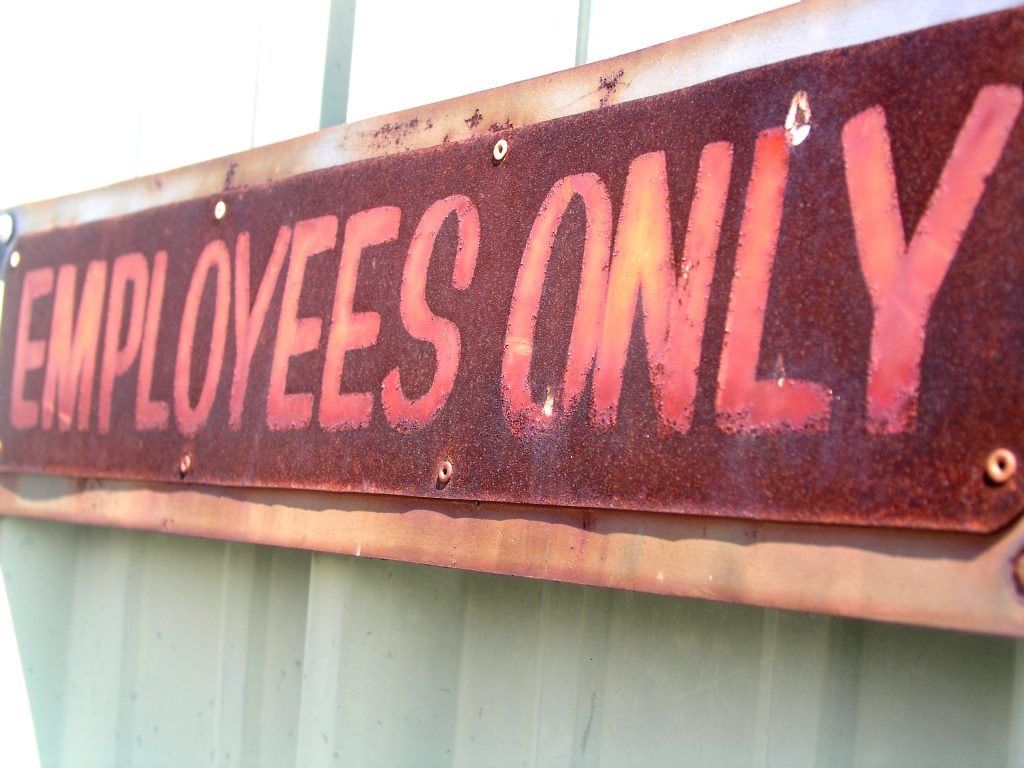 Being an employee aboard a ship in the Gulf of Mexico can be hard work, and it can also be dangerous work. For Mark Baldwin, who worked as a sandblaster and painter for Cleanblast, LLC, danger presented itself when he was assigned to the vessel Brody Paul and serviced oil platforms located in the Gulf of Mexico. Baldwin allegedly suffered severe injuries to his back and neck when he fell while working on a Tennessee Oil and Gas Company platform. In a personal injury lawsuit, Baldwin claimed that Cleanblast failed to provide the proper equipment to complete the task. However, the trial court dismissed the case, granting Cleanblast’s motion for summary judgment because it found that there was no genuine issue of material fact as to whether Baldwin, the plaintiff, was a seaman for Jones Act purposes. Baldwin appealed and the Third Circuit reversed, finding that a jury should decide whether the plaintiff’s work duties qualified him for seaman status under the Jones Act. See 46 U.S.C. § 688.
Being an employee aboard a ship in the Gulf of Mexico can be hard work, and it can also be dangerous work. For Mark Baldwin, who worked as a sandblaster and painter for Cleanblast, LLC, danger presented itself when he was assigned to the vessel Brody Paul and serviced oil platforms located in the Gulf of Mexico. Baldwin allegedly suffered severe injuries to his back and neck when he fell while working on a Tennessee Oil and Gas Company platform. In a personal injury lawsuit, Baldwin claimed that Cleanblast failed to provide the proper equipment to complete the task. However, the trial court dismissed the case, granting Cleanblast’s motion for summary judgment because it found that there was no genuine issue of material fact as to whether Baldwin, the plaintiff, was a seaman for Jones Act purposes. Baldwin appealed and the Third Circuit reversed, finding that a jury should decide whether the plaintiff’s work duties qualified him for seaman status under the Jones Act. See 46 U.S.C. § 688.
The most important aspect of this case is the Third Circuit’s interpretation of the Supreme Court’s ruling in Chandris, Inc. v. Latsis, 515 U.S. 347, 115 S.Ct. 2172 (1995), which discussed the requirements for seaman status under the Jones Act. In Mark Baldwin’s case in Louisiana, he alleged that he suffered injury because Cleanblast failed to provide the proper equipment to blast the risers on the rig they were instructed to service. The plaintiff argued that as an employee covered by the Jones Act, Cleanblast “violated its non-delegable duty to provide him with a safe work environment.” In order to be covered by the Jones Act, an employee must qualify as a “seaman.” Cleanblast argued that the plaintiff was not a seaman and presented testimony by the plaintiff in a deposition wherein he admitted that he spent less than 30% of his time at work in service of the vessel to which he was assigned. In fact, Cleanblast calculated that he spent “at most 28.65 percent” of his time at work in service of a vessel and posited that he spent most of his time working on oil platforms. This percentage is important because in Chandris the Supreme Court held that there are two requirements for seaman status under the Jones Act. First, the employee must “contribute to the function of the vessel or to the accomplishment of its missions.” Second, the employee must have a link to a vessel or vessels in navigable waters that is “substantial in terms of both duration and nature.”
Cleanblast focused its motion for summary judgment on the durational requirement and pointed to the Supreme Court’s statement in Chandris that it is a “rule of thumb” that “a worker who spends less than about 30 percent of his time in the service of a vessel in navigation should not qualify as a seaman under the Jones Act.” Based on Baldwin’s admission to spending less than 30 percent of his time in service of the vessel, Cleanblast argued that it was entitled to summary judgment and the trial court agreed, essentially holding that the 30 percent figure mentioned by the Supreme Court was a dispositive rule.
 Louisiana Personal Injury Lawyer Blog
Louisiana Personal Injury Lawyer Blog





 If your unlucky enough to slip and fall at a business the first person you would think about suing is the business itself. However, businesses today contract out many aspects of cleaning and other maintenance and in doing so also alleviate their responsibility for negligence on their property. The following case out of St. Tammany Parish discusses the concept of who might be at fault for a slip and fall when the cleaning of floors is contracted out to another party.
If your unlucky enough to slip and fall at a business the first person you would think about suing is the business itself. However, businesses today contract out many aspects of cleaning and other maintenance and in doing so also alleviate their responsibility for negligence on their property. The following case out of St. Tammany Parish discusses the concept of who might be at fault for a slip and fall when the cleaning of floors is contracted out to another party.



